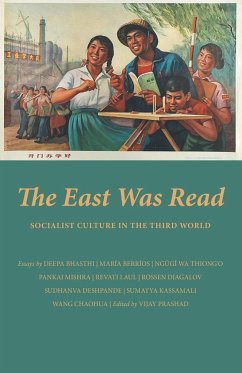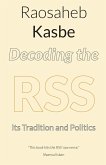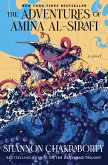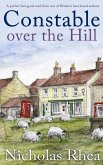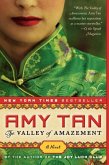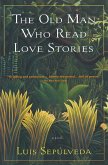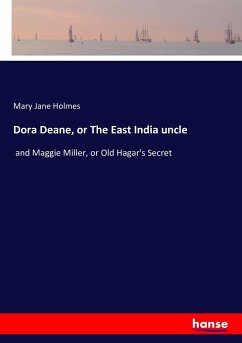Across the Third World, people grew up reading inexpensive, beautifully-produced books from the Soviet Union - children's books, classics of world literature, books on science and mathematics, and works of Marxist theory. The first half of The East Was Read is an homage to the lost world Soviet books. Wang Chaohua and Pankaj Mishra recall with fondness the meaning of these books for their very different lives in China and in India respectively. Deepa Bhasthi goes on an emotional journey into the library of her grandfather, a communist intellectual. Rossen Djagalov writes a short history of Progress Publishers. Ng¿g¿ wa Thiong'o talks about how he wrote Petals of Blood in Yalta on the sidelines of the Afro-Asian Writers' Association in 1973. Sumayya Kassamali writes about Faiz in Beirut, giving us a sense of the cultural worlds that drew in both the Soviet Union and the Third World Project. The second half of the book pivots from the page to the stage. Maria Berrios brings an artist's eye to the cultural world of socialist Cuba. Sudhanva Deshpande identifies a momentum in socialist cinema, from the early Soviet period to the early Cuban period. Revati Laul reminds us that watching a Soviet ballet or reading a Soviet book can have an impact in other times and other histories. The East Was Read is a treasure trove of sparkling essays on the impacts of socialist culture in various parts of the Third World. This is a must-have book for bibliophiles, cinephiles, for lovers of reading, watching, listening.
Hinweis: Dieser Artikel kann nur an eine deutsche Lieferadresse ausgeliefert werden.
Hinweis: Dieser Artikel kann nur an eine deutsche Lieferadresse ausgeliefert werden.

